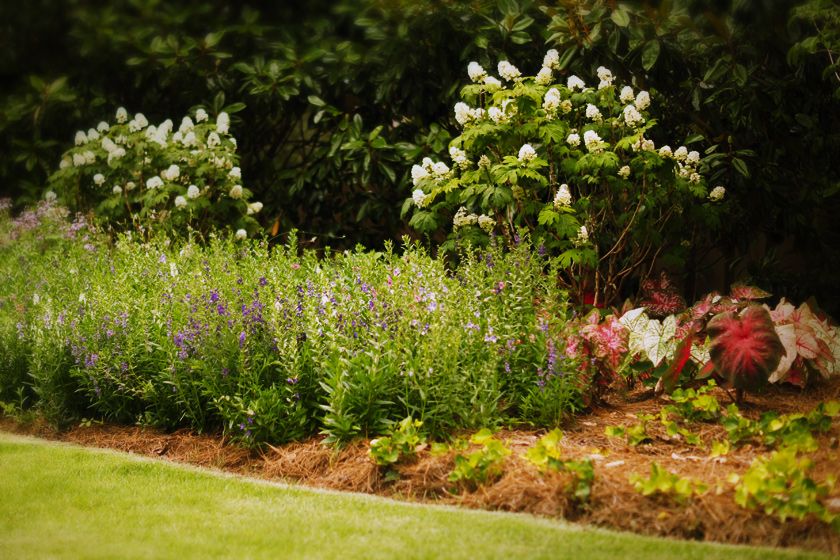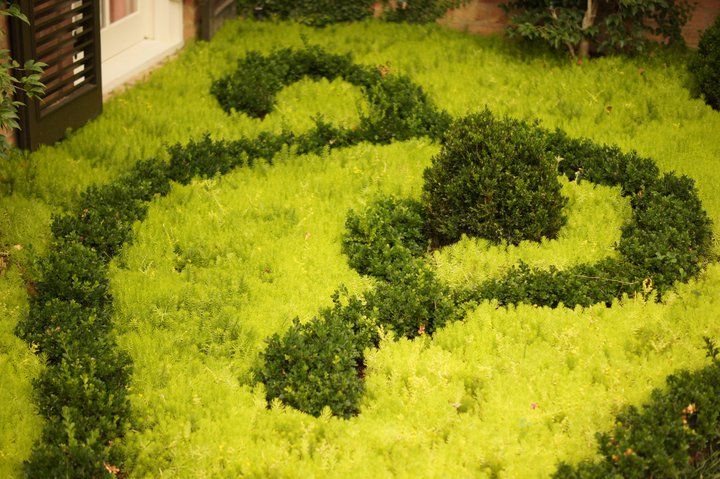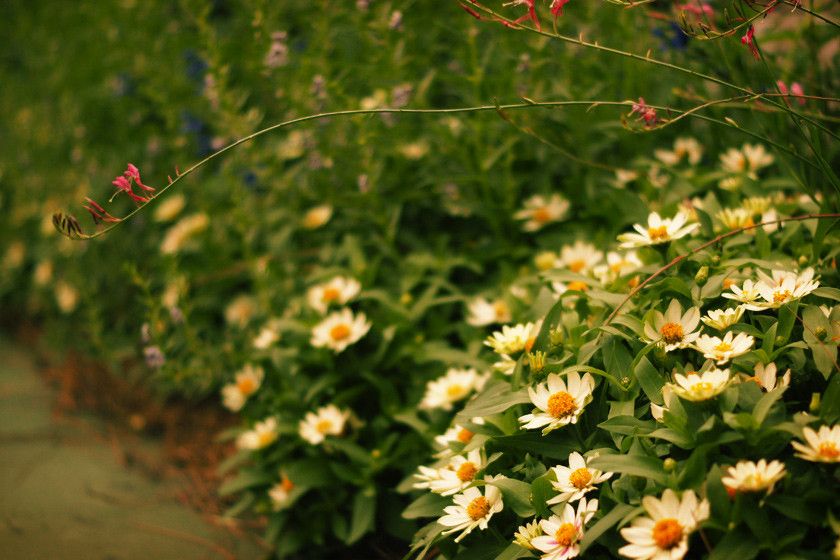4 Myths and 6 Tips for Properly Watering Your Landscaping
The Truth About Properly Watering Your Lawn and Landscaping
- Myth 1: If it rains, the drought will be over.
- Fact: While the recent rainfalls help, they won’t necessarily end the drought. The ground is so dry it acts like a sponge, absorbing rain and preventing crucial runoff into streams and lakes. It’s going to take steady rainfall over a sustained period of time to catch up. Heavy rains over a short period of time won’t solve the problem.
- Myth 2: Watering daily is the only way to maintain a healthy, green lawn, especially during the summer.
- Fact: We recommend watering your lawn deeply and infrequently to promote a strong root system. A total of one inch a week is enough for our area. Over-watering is just as bad for landscapes and can cause wasteful (and harmful) run-off. Call us if you are interested in speaking to an irrigation company or are interested in installing a sprinkler system.
- Myth 3: The best sprinklers shoot high, fine sprays, which mist your landscape without wasting water.
- Fact: Just the opposite. The best sprinklers throw large drops of water low to the ground rather than misty sprays that allow water to evaporate quickly. If you have an automatic sprinkler system, you’ll really impress your neighbors by replacing your timer with an evapotranspiration (ET) controller. These smart controllers monitor information about soil moisture, rain, wind and evaporation so your system only waters when it’s truly needed. Traditional timers require manual adjustments every time the weather changes. ET controllers use real-time data from local weather stations to make adjustments automatically and can reduce water use by about 30 percent.
- Myth 4: Keep your lawn short. Shorter grass uses less water, so you don’t need to water as much.
- Fact: Let your grass grow. Raise your lawnmower blade to a height of at least 3 inches. A taller lawn will help shade your soil so it requires less water. When you let your grass grow taller, its roots grow deeper, and you’ll have a healthier lawn. If you need help with landscape or lawn maintenance, for your home or business, give us a call. We are a Huntsville landscaping company, but we work all across the country providing the best work you can imagine.
Basic Tips:
- Water your lawn deeply and infrequently to promote a strong root system. An inch a week is all you need.
- Operate your in-ground sprinkler system manually—don’t use the timer. Check sprinkler systems frequently for directional aim and broken heads to prevent watering driveways, sidewalks and streets.
- Use plenty of mulch in your beds—especially during a drought. Consult an expert at your local nursery or home improvement store on the optimal amount and type of mulch needed in your area.
- Choose “water-wise” plants like lantana and Mexican sage. Ask your local nursery or landscape professional for advice.
- Raise your lawnmower blade and cut grass to a height of at least 3 inches—this shades the soil, which reduces evaporation and allows roots to grow deeper.
- Use soaker hoses instead of sprinklers to water trees, shrubs and beds more efficiently.
It may not seem like much, but every time you practice one of these easy tips, you’re not only using water more efficiently and wisely, you’re helping make water supplies last for your community.




